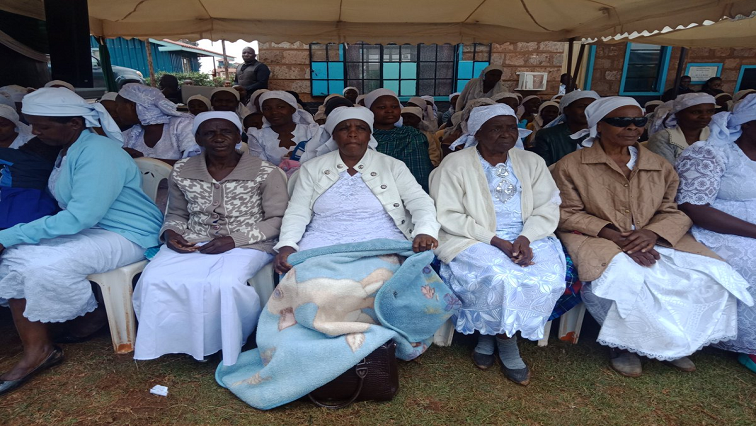More than 1 600 members of the Shona community who have lived in Kenya for decades as stateless persons were conferred with the country’s citizenship on Wednesday.
Interior Security minister Dr Fred Matiang’i issued them with national Identity Cards, ending a protracted struggle to be recognised by the East African nation which has hosted them and their forefathers for more than 60 years.
The Shona community members first arrived in Kenya in 1959 as missionaries from Zambia and Zimbabwe. After Kenya gained independence, they remained stateless as the country’ post-independence. Constitution did not have a provision to confer citizenship to those not of Kenyan descent.
“It is a long history, the people who first came here are our parents, they came here in the early 50s, 60s, after we attained independence our parents start to preach the word of god here in Kenya,” says the secretary general of the Shona community, pastor Oliver Muregerera.
So began a state of limbo for them, their children and great-grandchildren. “We do not hold nay legal documents like an ID card,” adds another member of the community, Nosisizwe Dube.
The last head count by the UN Refugee Agency, UNHCR, indicates that the Shona community in Kenya has about 3 500 members. On Wednesday, 1 649 of them officially became Kenyan.
“From this forward, there will no people known as Shona, these are citizens of this country,” Dr Matiang’i told those gathered to witness and celebrate the milestone.
Kenya has set itself a December 2021 deadline to end statelessness.
In 2017, 1 176 members of the Makonde Community from Mozambique received their identity cards, becoming Kenya’s 43rd tribe.
Shona community members living in Kenya get citizenship:


